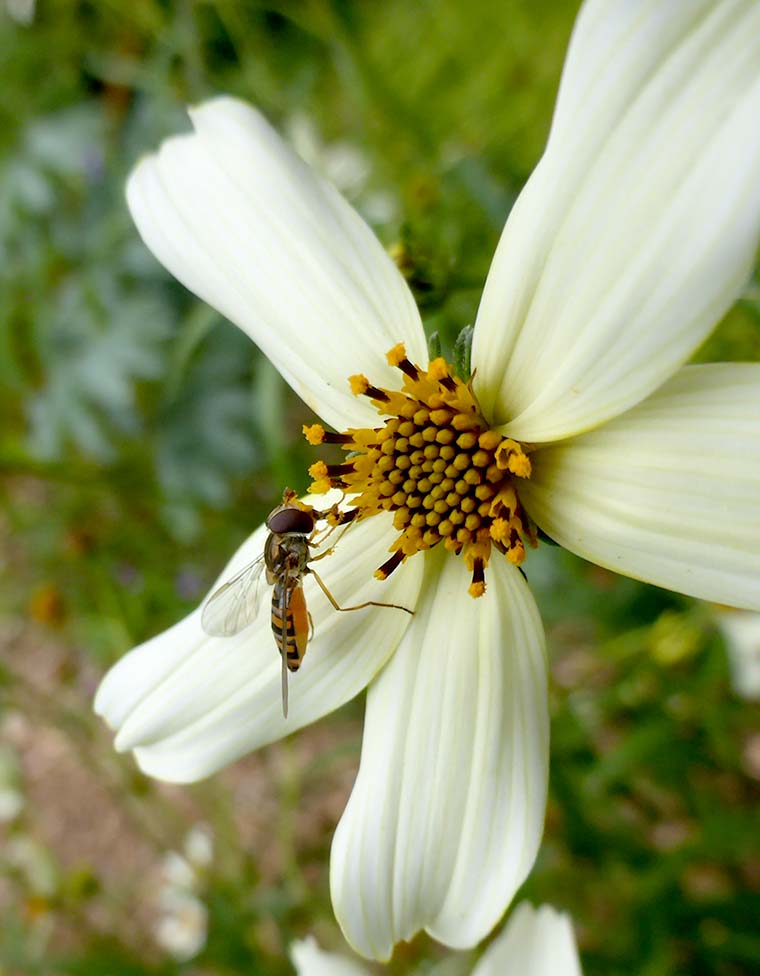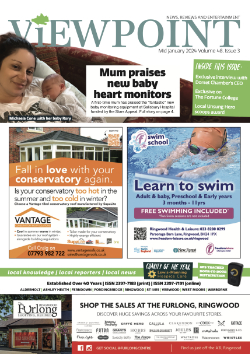NEWS FEED
Nature & Wildlife, Wimborne | Posted on August 31st, 2017 |
Bird, bee, butterfly and bug life
More than 140 species of birds, bees, butterflies and bugs were recorded at the recent Knoll Gardens Foundation annual Garden Wildlife Survey.

The Knoll Gardens Foundation annual survey is part of an ongoing programme of research to explore the relationship between garden plants and the wildlife that lives on, and around them. The survey was undertaken in August by a talented team of wildlife experts, supported by interested volunteers to help with identification.
With finds ranging from the Great Spotted Woodpecker to the Lesser Water Boatman, the team surveyed ponds, trees, log piles and Knoll’s many native and exotic plants to achieve the grand total of 146 species, up slightly from the 2016 survey results despite very poor weather on the day.
The survey’s positive results are an endorsement of Knoll’s naturalistic gardening style, which is designed to be beneficial to wildlife as well as creating beautiful outdoor spaces.
Neil Lucas, Knoll’s owner and a trustee of the Knoll Gardens Foundation said, “Our gardening style here at Knoll allows the natural food chain to flourish. Beneficial species tend to eat up those that are not the gardener’s friend as soon as they start to become overabundant and damage the garden, doing a lot of the work for us and removing the need for pesticides.”
The Marmalade Hoverfly (Episyrphus balteatus) is one of the many beneficial species found during this year’s survey. This common, orange and black-banded hoverfly is frequently thought of as a pest but its larvae do wonderful work gobbling up aphids.

The Leopard Slug (Limax maximus) is another much-maligned gardener’s friend found during this year’s survey. Unlike its smaller, black relatives, the Leopard Slug, with its distinct brown and black splotches, does not eat healthy plants at all, instead feeding on rotting matter and a diet of smaller slugs. Whilst thought to be common, there is little national data relating to this long-lived slug which can grow to up to 16 centimetres in length.
Peter Gear, chairman of the Knoll Gardens Foundation said, “Our annual Garden Wildlife Survey acts as a rather special kind of annual health check and it is gratifying to know that we have a thriving wildlife community in the garden – a real endorsement of Knoll’s renowned naturalistic gardening style.
“On behalf of all Knoll Gardens Foundation trustees I would like to thank all the experts and volunteers who turned out despite appalling weather to help make our annual Garden Wildlife Survey such a success. Our own volunteers were joined by Mark Spencer, president of Bournemouth Natural Science Society, Stuart Roberts, chair of BWARS, and the RSPB and Dorset Wildlife Trust, whose team not only helped to find a huge number of species but also to identify all the finds and create our full species list.”.
Please share post:








